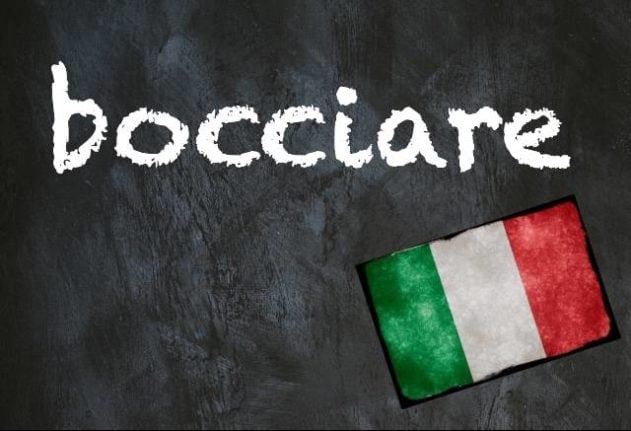Languages are constantly borrowing words from other tongues, but we tend to pick and choose what we want them to mean.
Take pronto: we say it in English to mean ‘quickly’, which isn’t wrong, exactly, but neither is it the whole story.
In Italian pronto can indeed mean ‘quick’, ‘speedy’ or ‘prompt’.
Le ho augurato una pronta guarigione.
I wished her a speedy recovery.
Ha i riflessi pronti.
She has quick reflexes.
La pronta consegna è garantita.
Prompt delivery is guaranteed.
But more often it means ‘ready’, both in the sense of ‘prepared’…
È pronto il pranzo?
Is lunch ready?
Non sono pronto per l’esame di domani.
I’m not ready for tomorrow’s test.
… and in the sense of ‘willing’.
Sono pronta a tutto per aiutarlo.
I’m ready to do anything to help him.
È sempre pronto al perdono.
He’s always willing to forgive.
It comes from the Latin verb promo, ‘to take forth’. Something ‘taken forth’ is promptu – ‘in sight’, ‘at hand’, or simply ‘ready’.
That’s why, if you’re getting ready for a race in Italy, you’ll hear whoever’s got the starting gun call out: “Pronti… via!” It’s the equivalent of ‘Ready, set, go’.
And that’s also why you’ll hear it almost every time you pick up the phone. Italians typically answer a call by saying: “Ready?”
Pronto? Chi parla?
Hello? Who’s speaking?

But where you won’t hear it is when you’re talking about something urgent – something that needs to be done, pronto. When you want to translate an English pronto into Italian, it’s more natural to use the word subito (‘right away’) instead.
Lo faccio subito.
I’ll do it pronto.
Do you have a favourite Italian word you’d like us to feature? If so, please email us with your suggestion.




 Please whitelist us to continue reading.
Please whitelist us to continue reading.
Member comments